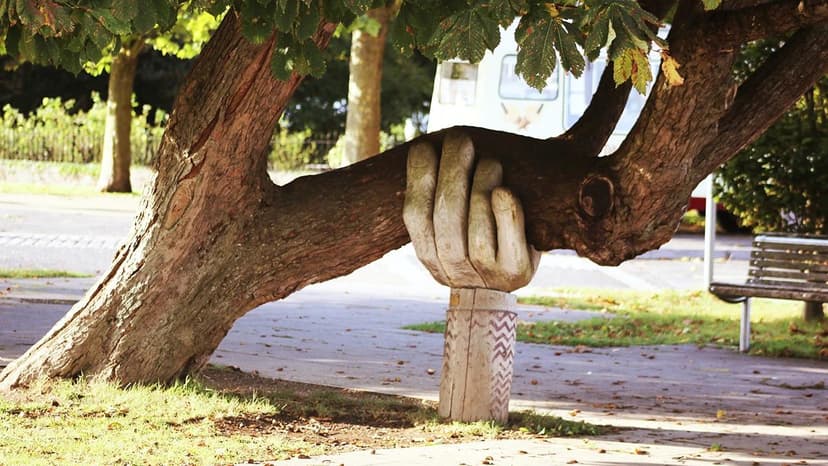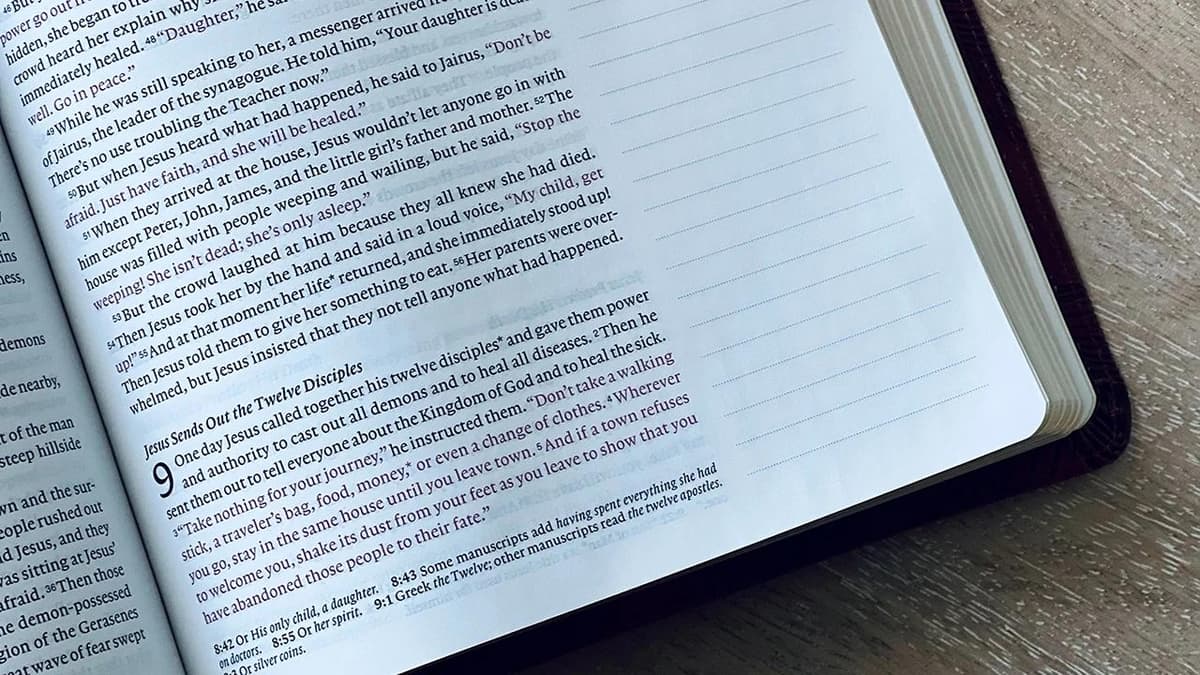Is "I'm Fine" Just a Casual Response or Something Deeper?
We've all experienced the moment. You greet someone and ask how they are doing, only to hear, "I'm fine." Is this simple reply what it seems to be, or does it hold a deeper meaning?
The Veil of False Positivity
At first, "I'm fine" appears to be a straightforward affirmation. Yet, this response often acts as a shield, hiding emotions that may lie beneath the surface.
A Society of Mask-Wearers
In our busy lives, where efficiency is key, many people mask their true feelings. "I'm fine" serves as a defense mechanism. It allows individuals to protect their vulnerability and maintain an image of strength.
Unearthing the Complexity
To understand the complexity of this phrase, we need to look at its context. Body language, tone of voice, and the length of the response can provide clues about underlying emotions.
The Quest for Connection
Accepting "I'm fine" at face value can hinder deeper connections. Engaging in meaningful conversation and listening actively helps build empathy and understanding.
Embracing Vulnerability
It's important to recognize that it's okay not to be fine all the time. Embracing vulnerability fosters personal growth, stronger relationships, and better well-being. Honesty and openness lead to genuine connections that go beyond superficial exchanges.
The next time someone says "I'm fine," pause for a moment. Engage in a conversation, show genuine care, and create a space for authentic emotion. True connection goes beyond casual responses, waiting to be discovered.












